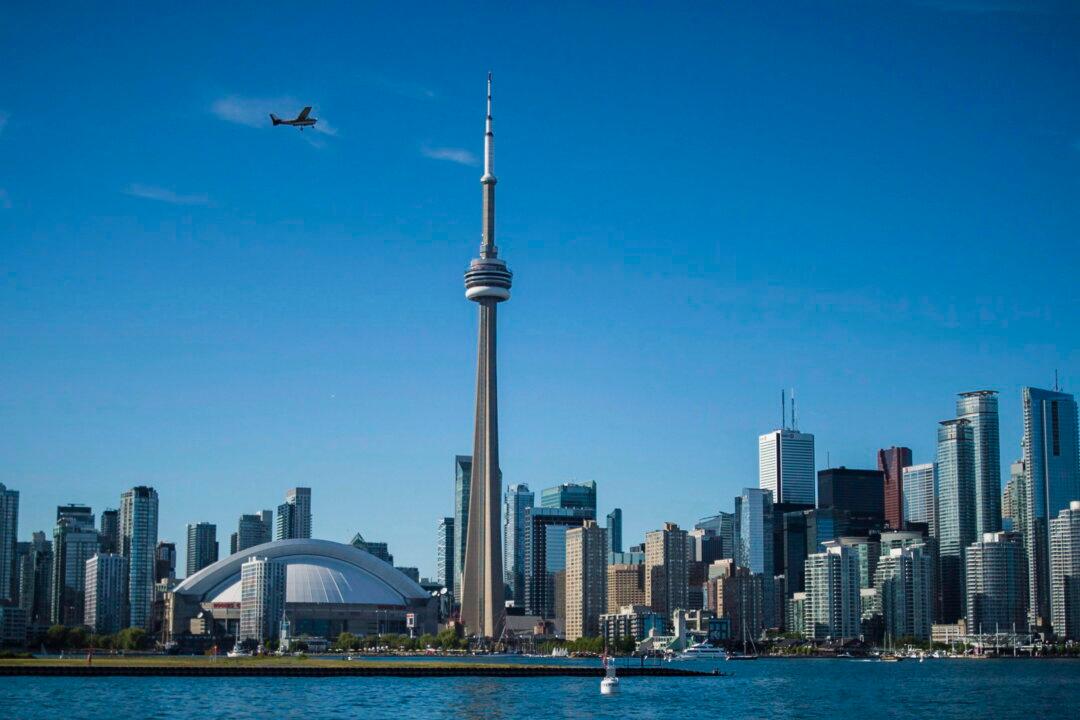Environment Canada has issued an extreme heat advisory, predicting “dangerously hot and humid conditions” for parts of Ontario, Quebec, and New Brunswick throughout most of the week.
Southern, central, and northeastern Ontario can expect to see the thermometer creeping above the 30-degree mark beginning today with the humidex hitting 40 degrees or more June 18 through June 20, according to Environment Canada.





